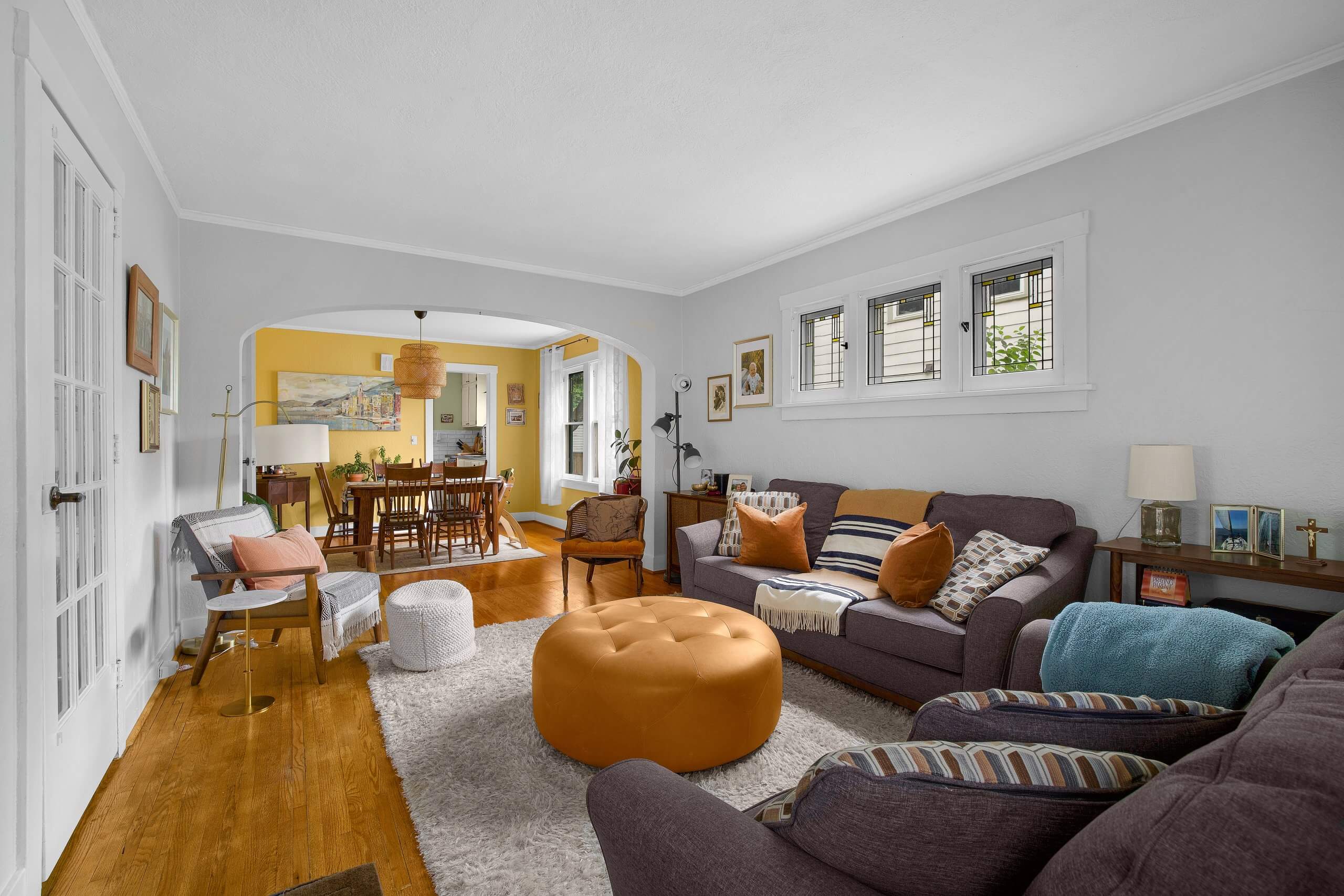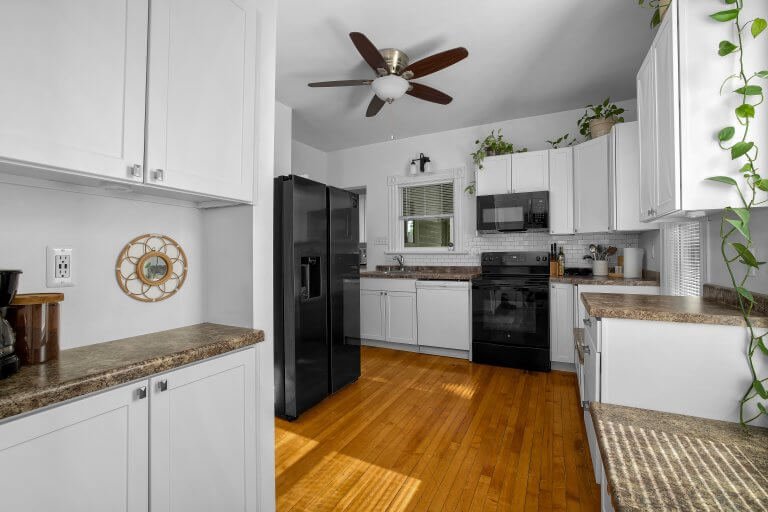Budgeting Tips for New Homeowners: A Comprehensive Guide
Congratulations on your new home! Becoming a homeowner is a significant milestone, but with it comes the responsibility of managing your finances wisely. Effective budgeting can make homeownership a rewarding experience rather than a stressful one. Here are some practical budgeting tips to help new homeowners navigate their finances smoothly.
1. Understand Your Monthly Expenses
First, get a clear picture of your monthly expenses. Beyond your mortgage payment, consider utilities, property taxes, insurance, and maintenance costs. Track these expenses for a few months to establish a baseline and identify areas where you can cut back if needed.
2. Create an Emergency Fund
Owning a home means you might face unexpected expenses, such as a broken appliance or a leaky roof. An emergency fund is crucial. Aim to save at least three to six months’ worth of living expenses. This cushion will help you manage unforeseen costs without derailing your budget.
3. Prioritize Maintenance
Regular maintenance can prevent costly repairs down the line. Allocate a portion of your budget for routine tasks like cleaning gutters, servicing HVAC systems, and checking for leaks. Preventive care can extend the life of your home’s systems and save you money in the long run.
4. Energy Efficiency
Invest in energy-efficient appliances and home improvements. While there might be an upfront cost, these investments can significantly reduce your utility bills over time. Consider programmable thermostats, LED lighting, and energy-efficient windows to start with.
5. Refinance Wisely
Keep an eye on mortgage rates. If rates drop significantly, refinancing your mortgage can lower your monthly payment and save you money on interest over the life of the loan. Be sure to weigh the closing costs against the potential savings to ensure it’s a smart financial move.
6. Smart Shopping for Home Necessities
It’s tempting to furnish your new home with all the latest and greatest, but this can quickly blow your budget. Start with the essentials and take your time to find deals on furniture and decor. Consider buying second-hand items or waiting for sales to make larger purchases.
7. DIY When Possible
Many home projects can be done yourself, which can save a significant amount of money. From painting walls to landscaping, there are numerous resources available online to guide you through various DIY projects. Just be sure to take on tasks within your skill level to avoid costly mistakes.
8. Review and Adjust Your Budget Regularly
Your financial situation and needs will change over time. Review your budget periodically to ensure it still aligns with your goals and expenses. Adjust as necessary to accommodate any changes, such as a rise in utility costs or a new savings goal.
9. Plan for Major Expenses
Major expenses such as replacing the roof, remodeling the kitchen, or installing new flooring should be planned for in advance. Start a savings fund specifically for these larger projects to avoid going into debt when the time comes.
10. Insurance Review
Ensure that you have adequate homeowners insurance. Review your policy annually to make sure it covers any new additions or improvements to your home. Consider additional coverage for natural disasters if your area is prone to such events.
11. Consider the Long Term
Think about your long-term financial goals. Paying off your mortgage early can save you a substantial amount in interest, but make sure it doesn’t compromise other financial objectives like retirement savings. Balance your priorities to achieve financial stability and growth.
Budgeting as a new homeowner may seem daunting, but with careful planning and disciplined spending, you can manage your finances effectively. By following these tips, you’ll be well on your way to maintaining a healthy budget and enjoying the benefits of homeownership for years to come.
Happy homeownership!





